7 surprising cleaning products that experts actually hate – plus, what to use instead
Foaming, multi-purpose and scented products are on their no-go list
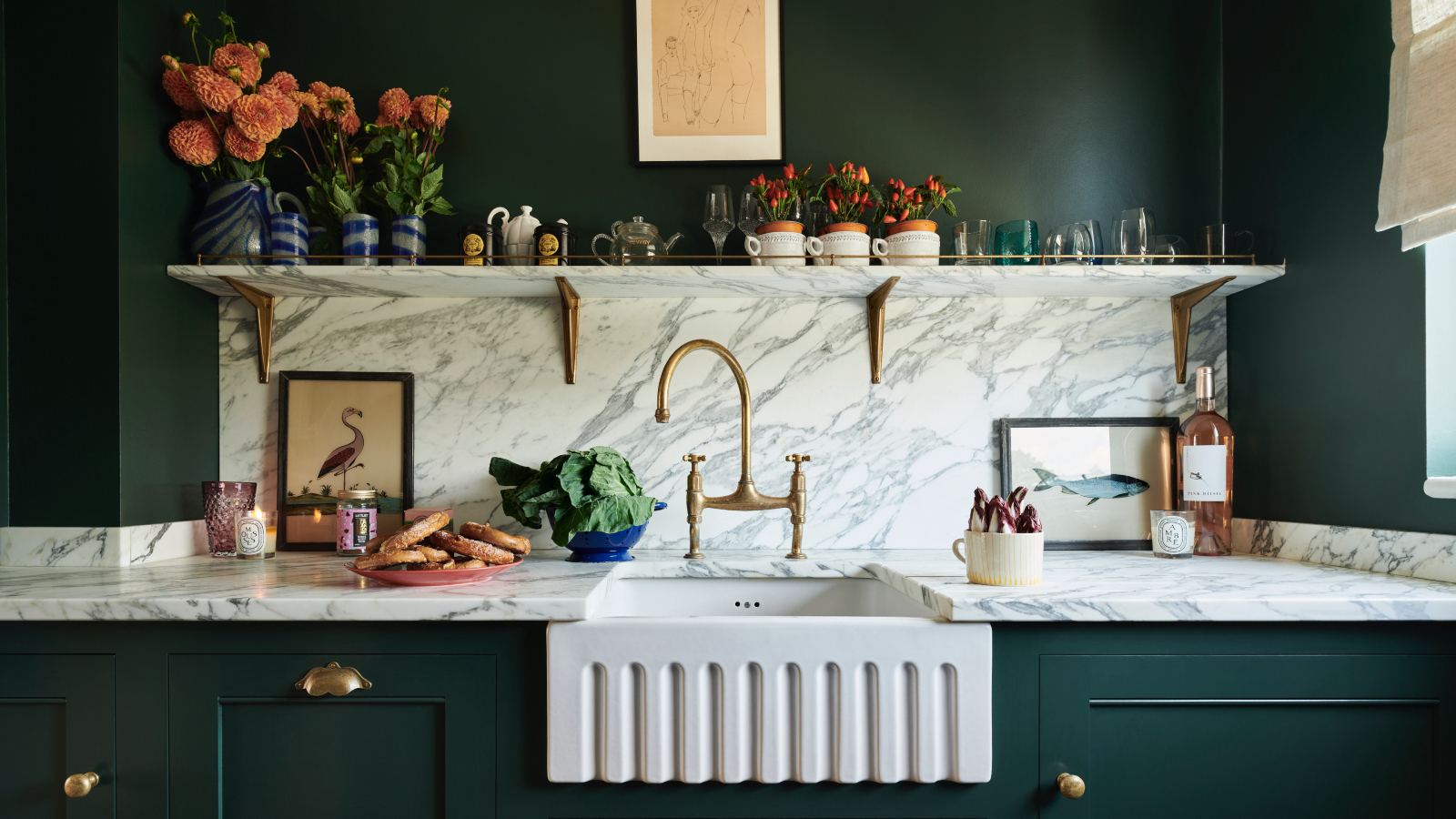
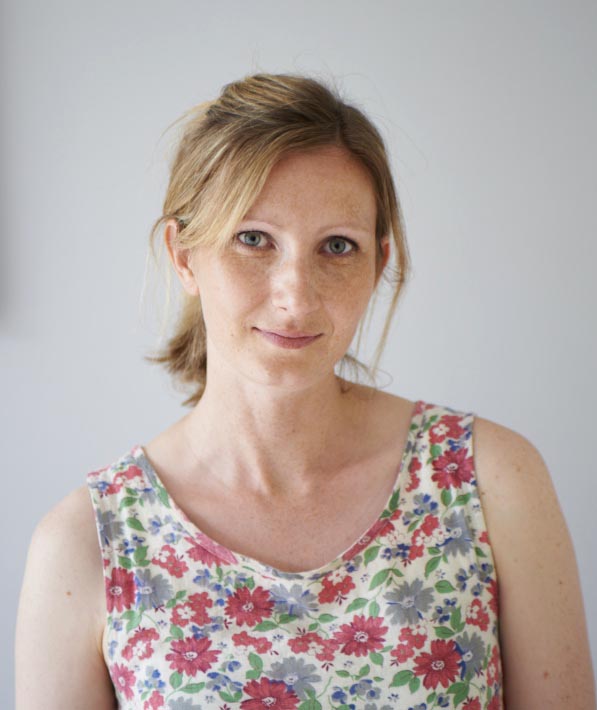
There are so many cleaning products to choose from these days – rows and rows of them, literally – so how do you decide what's best to use, and that works?
It can be a minefield and with some products laden with chemicals and synthetic scents, it's easy to question whether we should be using them or avoiding these cleaning ingredients.
From bleach to bicarbonate of soda, we know they both do the job required, but are they loved by the experts? We decided to ask professional cleaners for their advice on what they actually dislike, and never use and what they recommend instead.
1. Disposable products
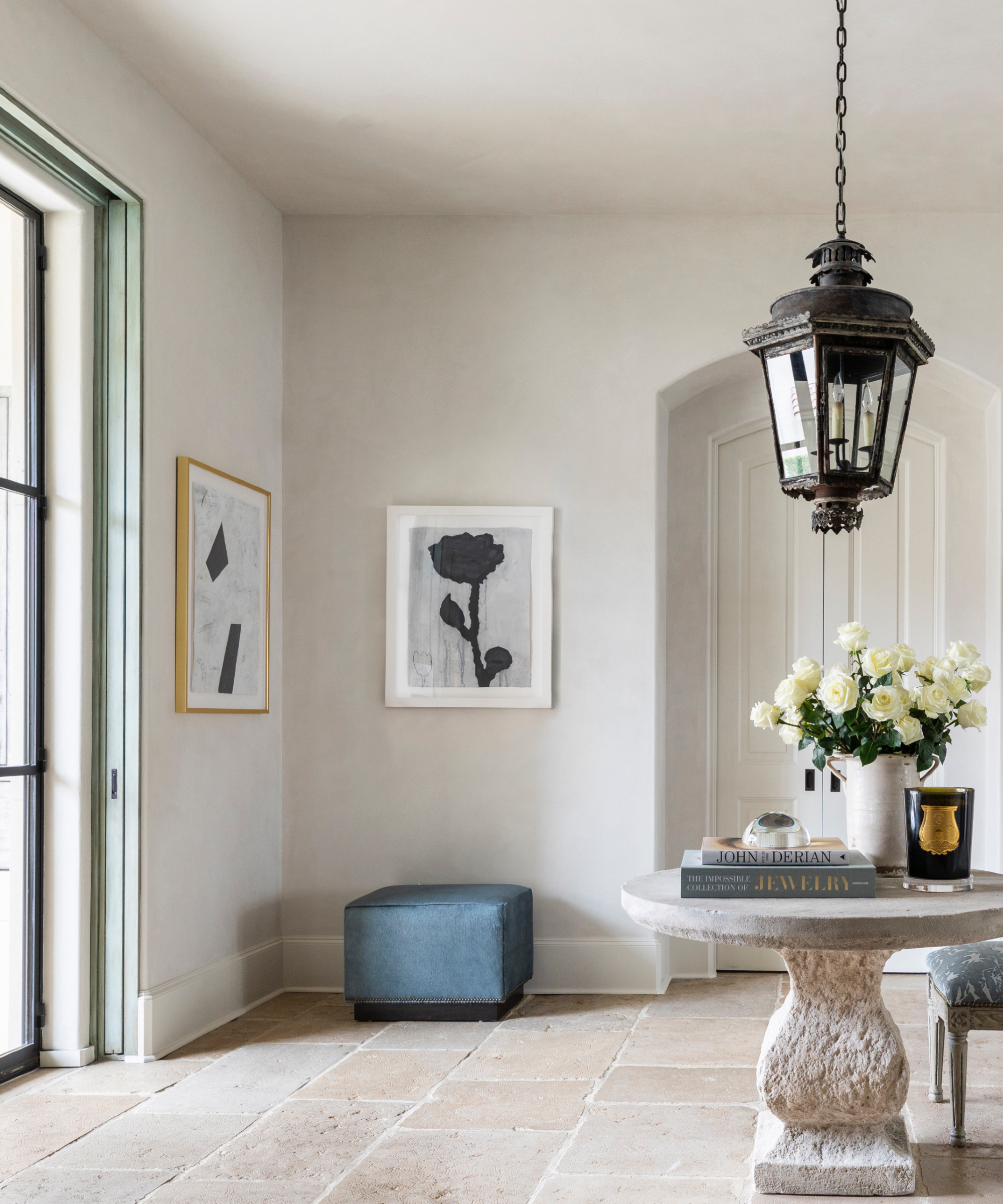
With us all being more eco aware and looking for sustainable options for keeping our homes fresh, disposable cleaning products are high on the list.
Ryan Knoll, founder of Tidy Casa explains, 'Any dusting product that gets thrown away – there's no reason to be tossing a flat mop pad in the trash. They sell microfiber ones that are reusable. easy to clean and usually cost about the same as a box that you're going to throw away when you're done.'
Have a look at these reusable pads compatible with Swiffer Sweeper mops from Amazon, they can be popped in the washer for a freshen up.
2. Bleach
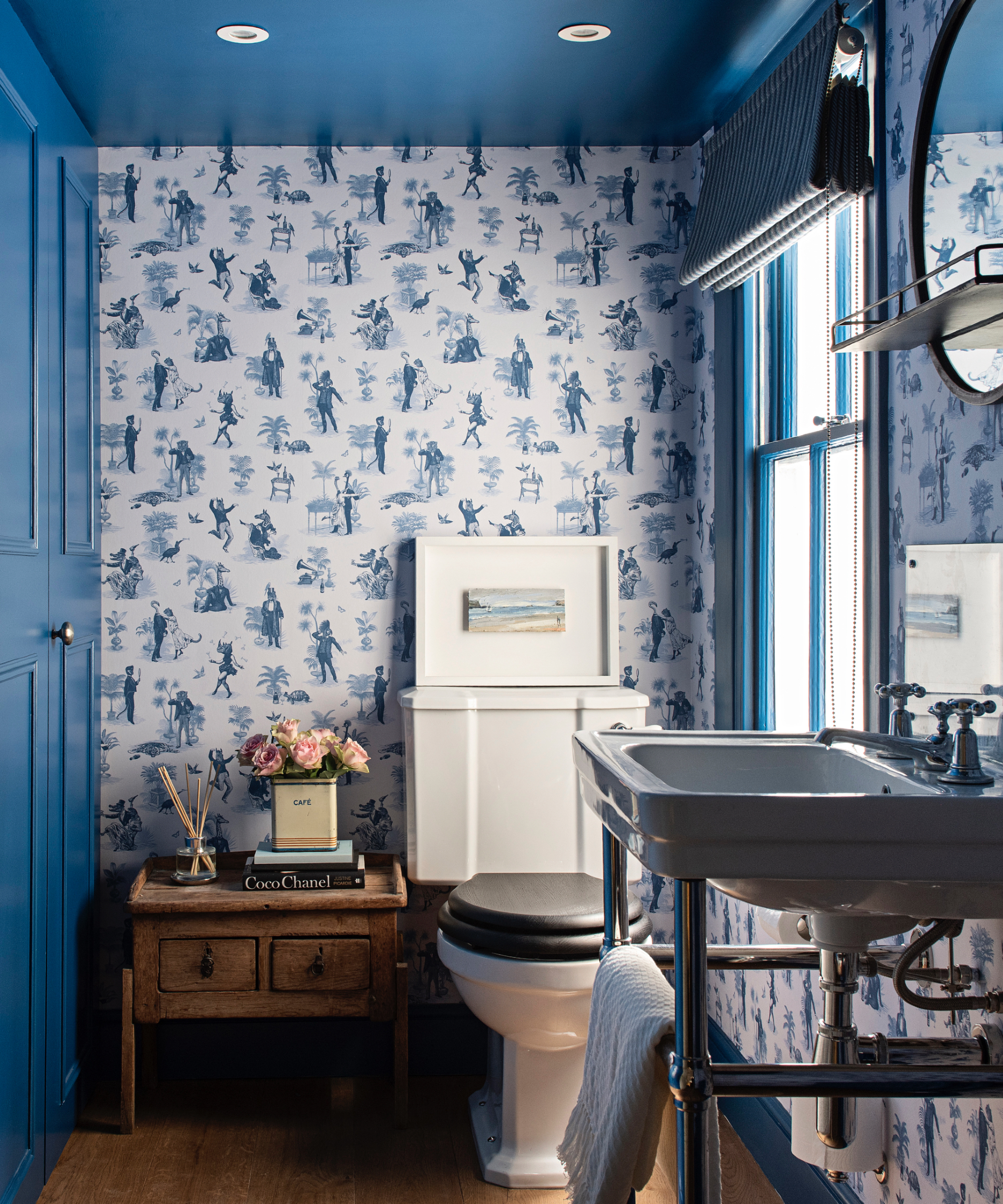
Although bleach does what is says on the tin, it is perhaps one of the main products some professional cleaners have an issue with. Ryan says, 'A lot of people think bleach is a great cleaning product... it's not. It's good for disinfecting kinda, but really, it's a lot better at staining carpet than actually cleaning.'
Brunson Sayes, cleaning, organisation expert and founder of Breathe Maids agrees, 'Bleach might be the poster child for disinfecting, but I can’t stand using it unless absolutely necessary. The fumes are harsh, the risk of ruining fabrics is high, and mixing it incorrectly can be downright dangerous.
For most jobs, Brunson says he'd much clean with hydrogen peroxide or a vinegar-based solution. 'They’re just as effective for everyday disinfecting without the headache – or the literal headache from the overpowering smell.'
These alternatives are our picks.
All prices correct at time of publication.
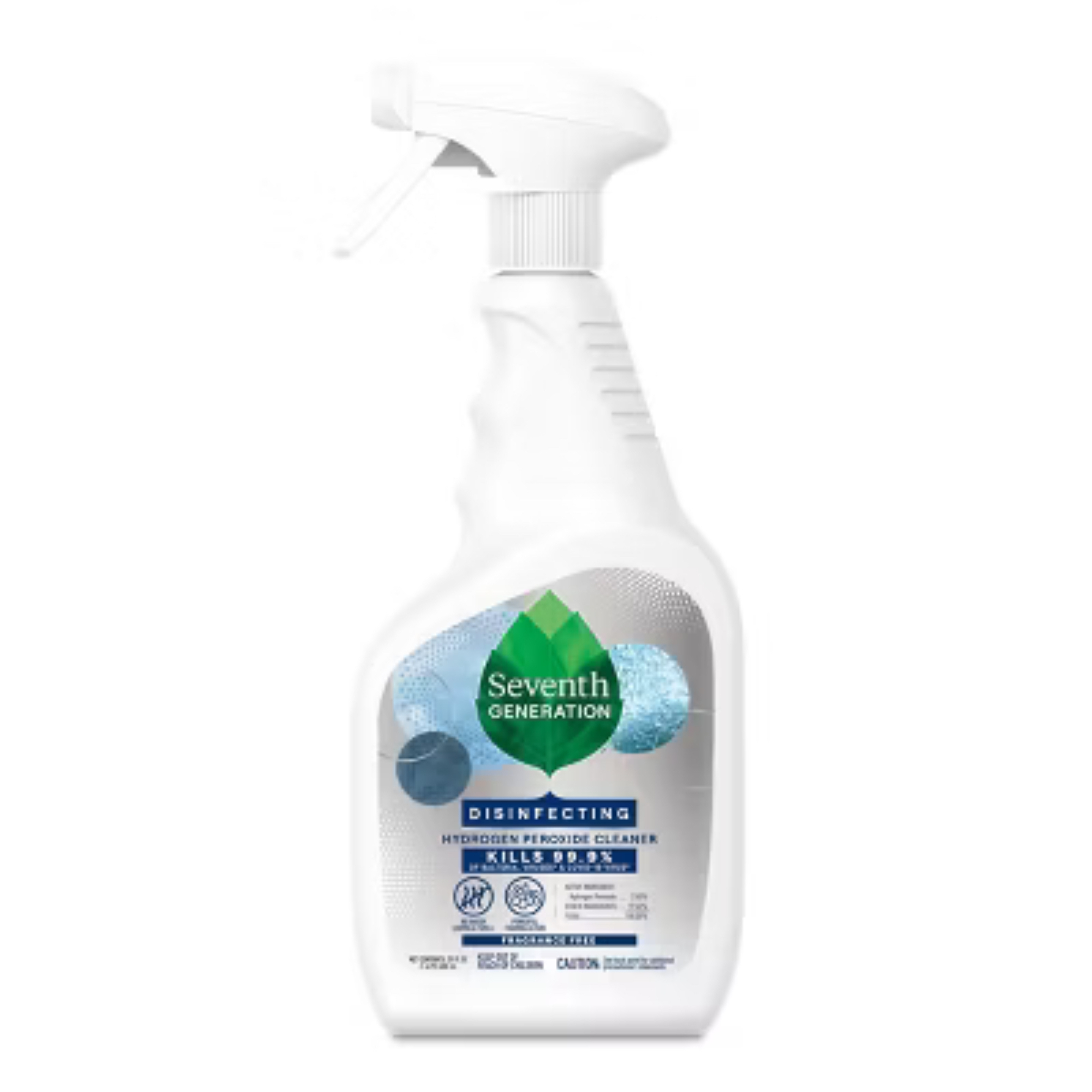
Not only does this disinfectant clean, it also deodorizes and disinfects with hydrogen peroxide and can kill 99.99% of germs, cold and flu viruses. Seventh Generation are B Corp Certified too, and this cleaner will leave no residue.
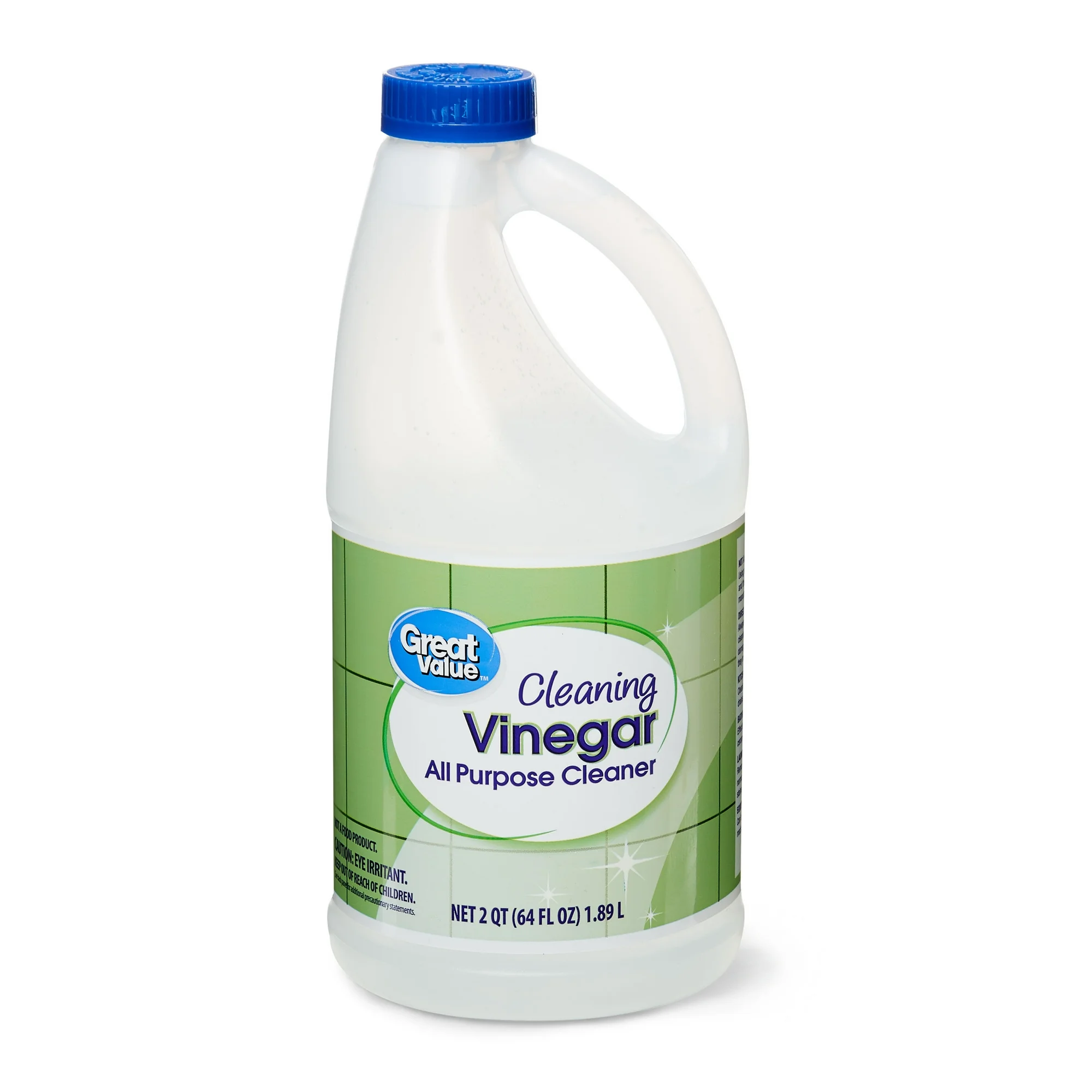 Vinegar based
Vinegar based
This cleaner will last well and is great value. The vinegar based mixture in non-toxic and will remove water stains, odors and soap scum. Use in any room of the house – it will deodorise countertops, garbage cans, toilets and showers. It's also safe for the environment.
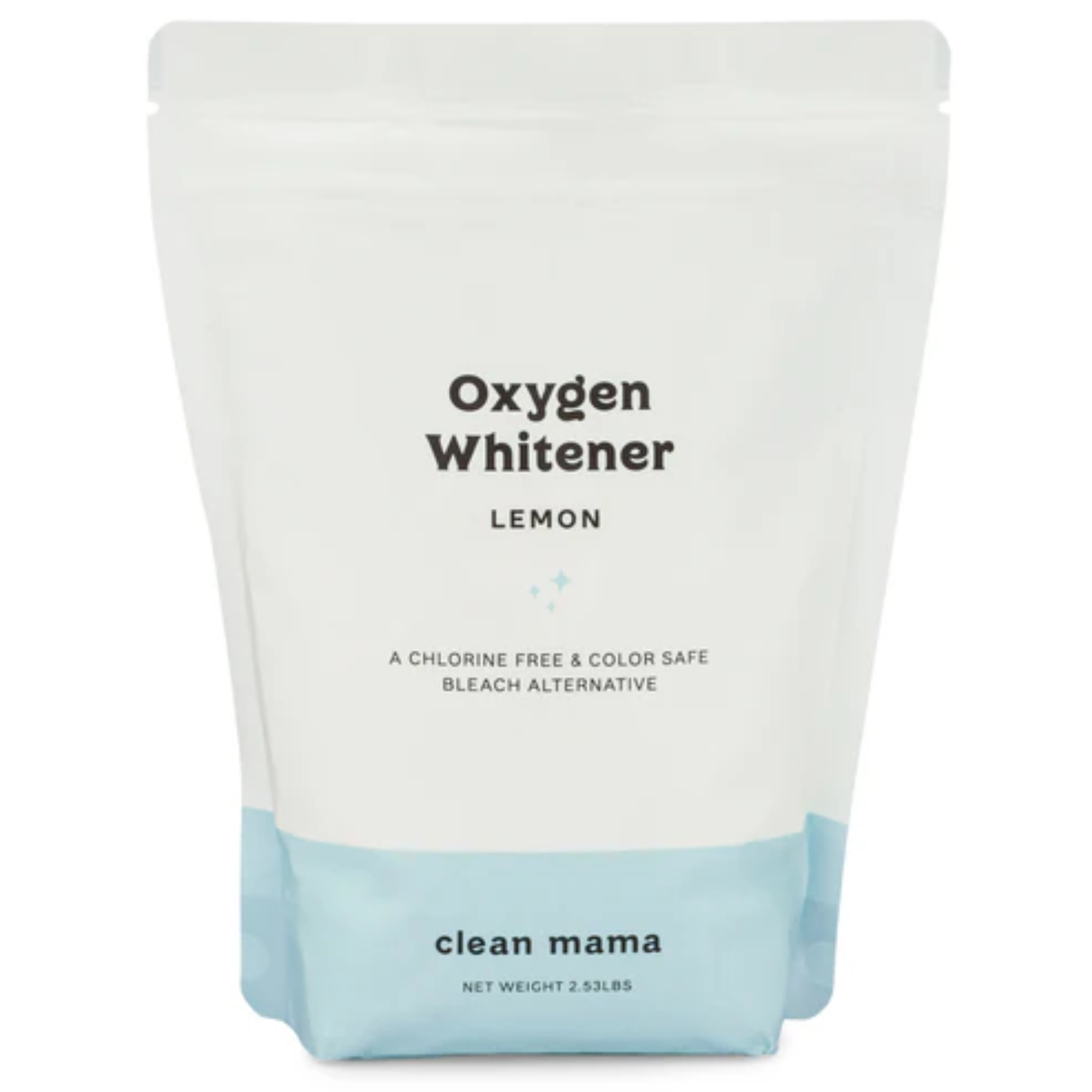
This bleach alternative is ideal for both laundry and cleaning. Pop it in your washer for brighter whites, and a scoop or two in your toilet for a fresh feel. There are two scents available, lemon and sweet mint and it's cruelty-free and vegan.
3. Floor cleaners
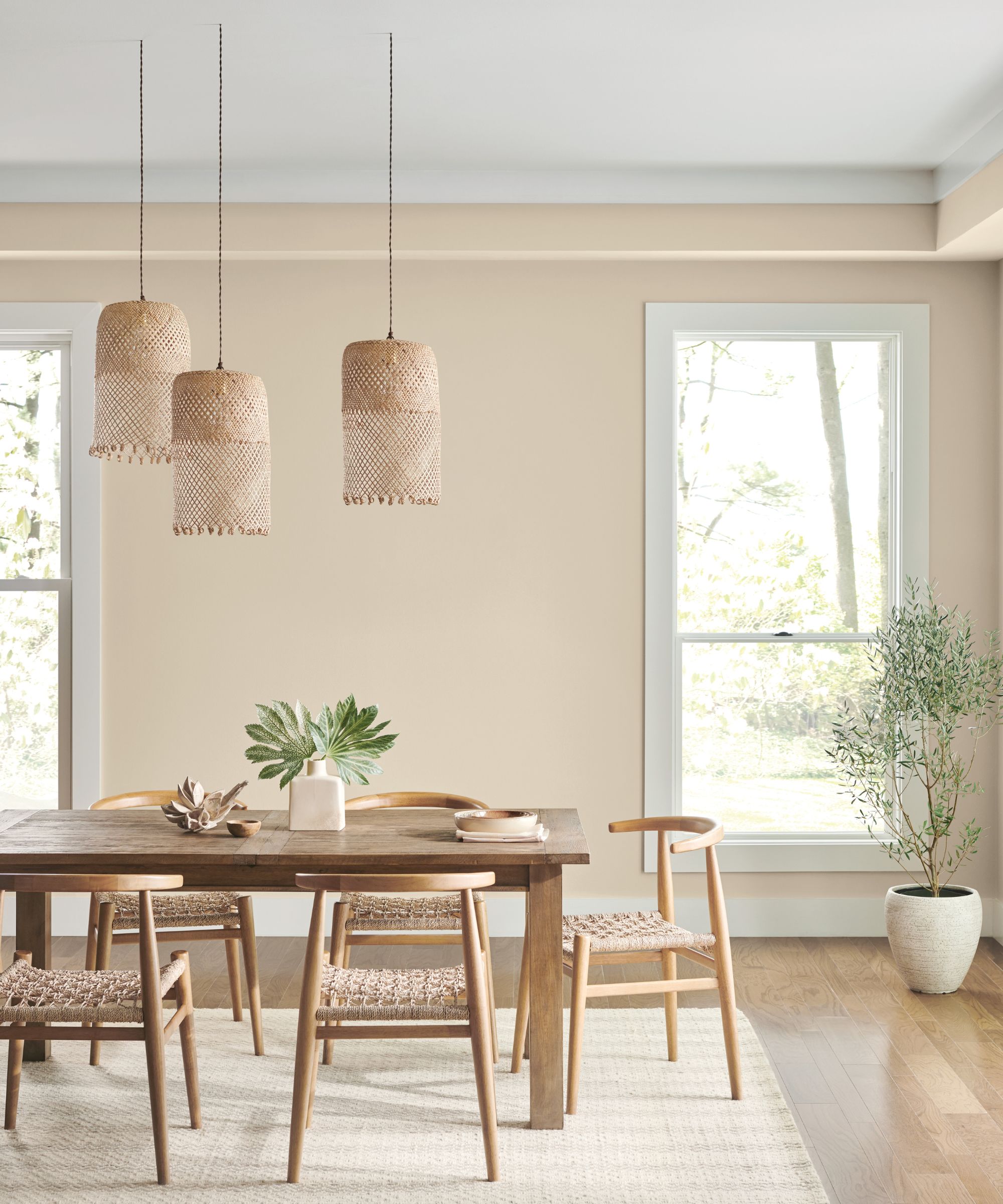
According to Ryan, this is an important category because most of us want to clean floors without using chemicals, especially if we have children and pets.
He says, 'Most dedicated 'floor' cleaners don't do a great job. Almost every floor can be easily cleaned with a little light water, and maybe some vinegar or alcohol.'
Having tried a huge selection, Ryan says, 'Almost any 'floor cleaner' product we've used doesn't leave floors as clean and shiny as a good old light mopping. Keep it simple!'
If you want to add a product to your mop bucket then consider a brand that uses vinegar or focuses on natural products such as the Method cleaner our writer tried and loved for her wooden floors.
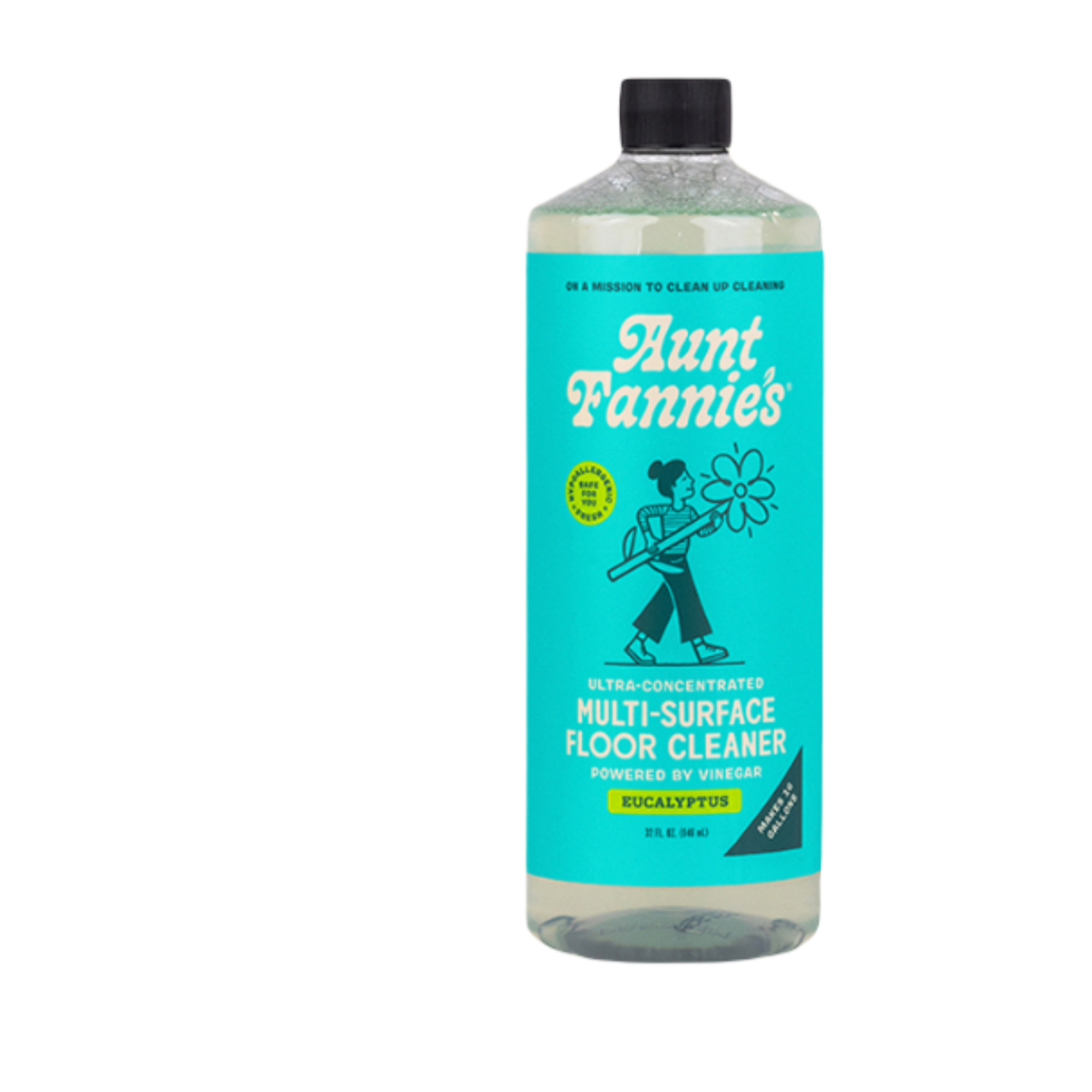
A specially designed formula that uses vinegar blended with fresh essential oils. It's ideal for tiles, lino, sealed hardwood, sealed stone and concrete. Available scents are bright lemon, lavender and eucalyptus and each bottle makes 16 gallons.
4. Ammonia based glass cleaners
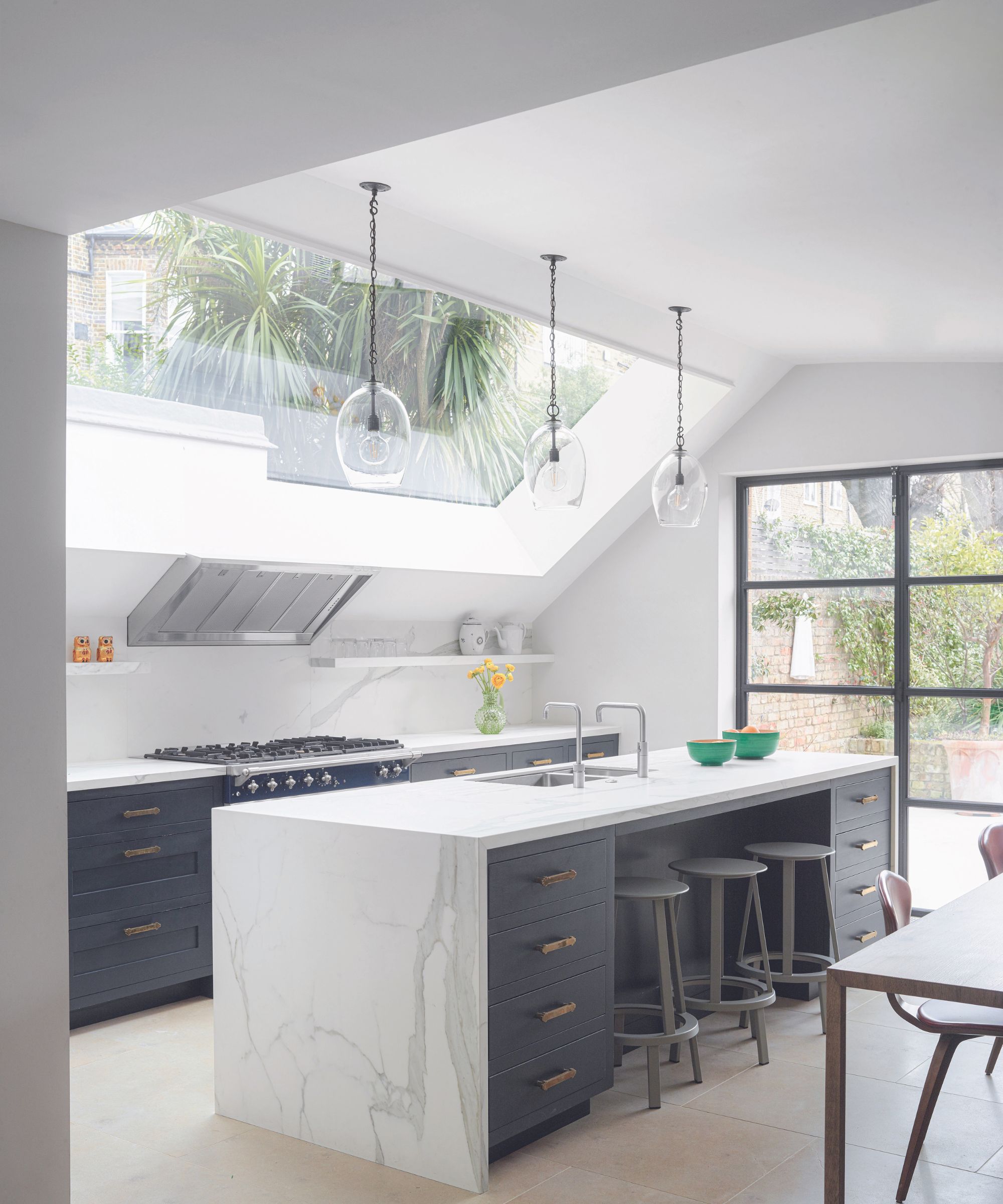
A lot of glass cleaners have ammonia in them, Brunson explains, 'Those bright blue sprays that promise streak-free glass have no place in my cleaning arsenal. The ammonia stench lingers far too long, and the residue can actually attract dirt over time.'
Daniel Brown, US based cleaning expert and CEO of Handy Cleaners agrees, 'These instant shine results seem fantastic somehow, but after they dry, you will always end up with a dull and uneven outlook.'
So what's the alternative that will get your windows clean and streak free, that doesn't involve that distinctive scent?
Daniel advises a homemade window cleaning solution, 'Microfiber cloths and a simple approach of water mixed with vinegar. I can assure you that this enjoyable mix of two will provide streak-free shine to your windows, mirrors, and glass surfaces.'
'I reach for a mix of distilled water, white vinegar, and a drop of dish soap. It’s simple, inexpensive, and gets the job done without the chemical overload,' says Brunson.
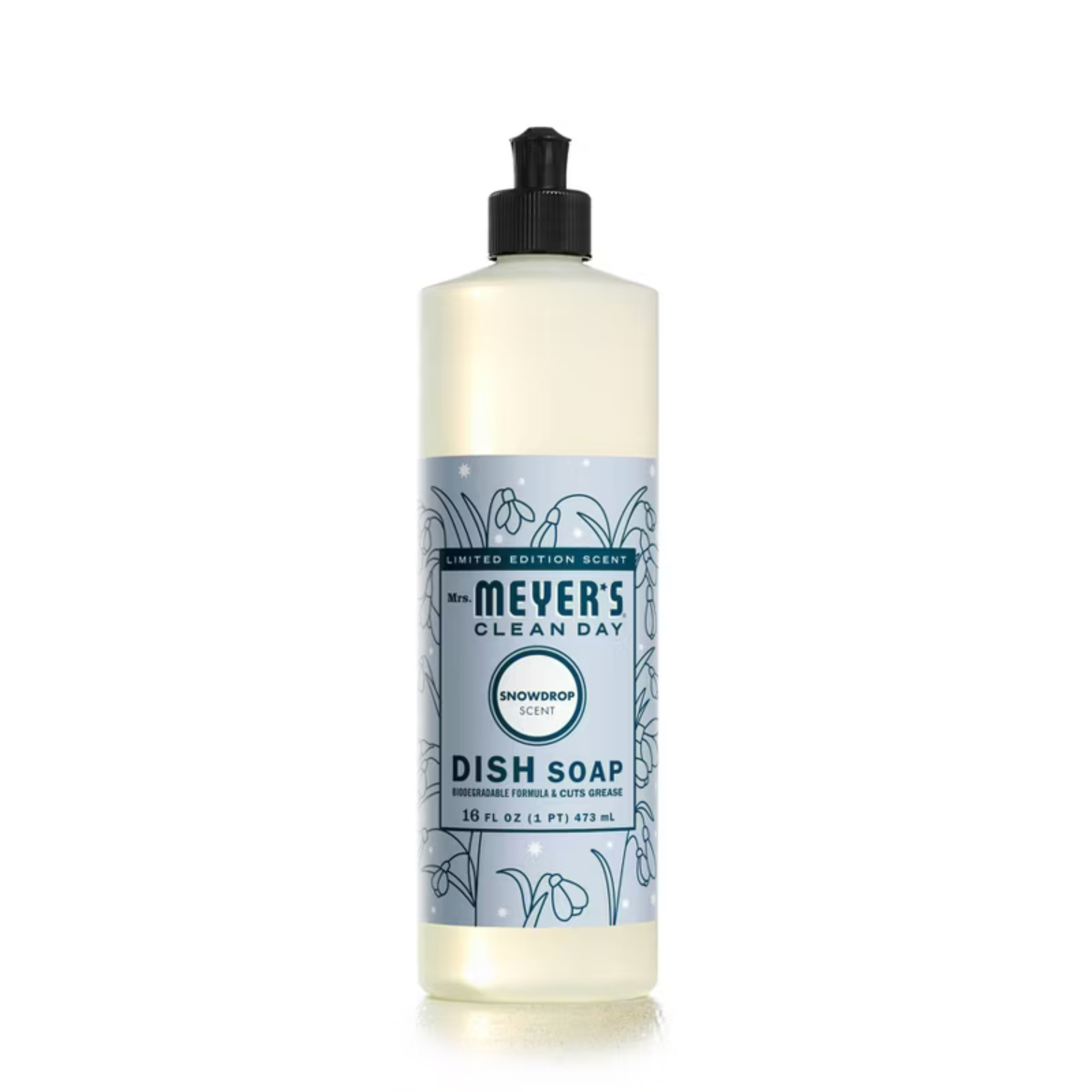
Dish soap is a great alternative as it cuts through grease and dirt really well. Made from plant derived cleaning ingredients, this formula has essential oils and aloe vera extract. Ideal for glass, plastic, ceramics and metal.
5. Foaming products
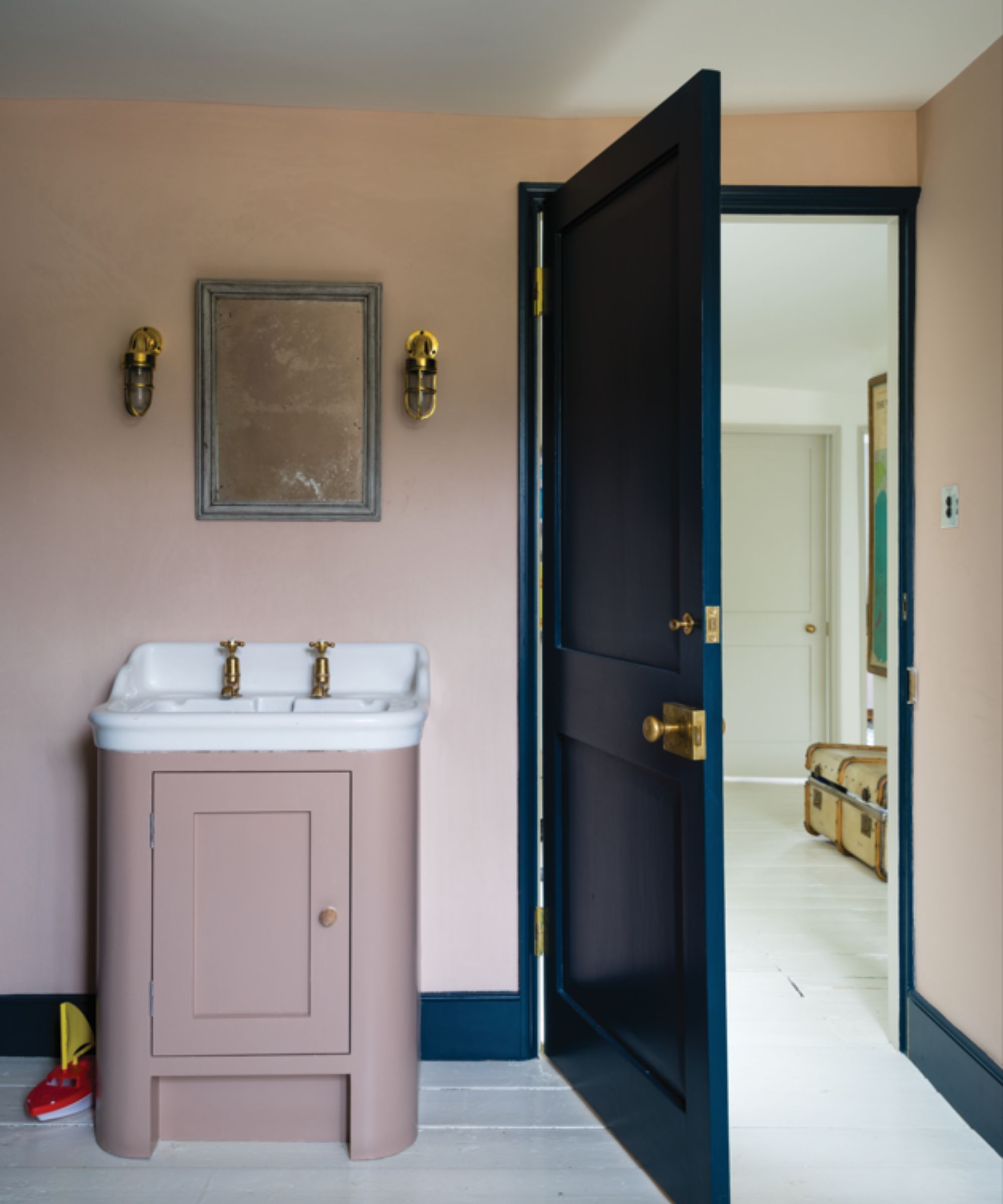
It's tempting to use foaming products as they promise so much.
Ryan agrees, 'These things seem fun! Spray it on, and the bubbles will go to work. Awesome! Why not! But it's just another thing taking up room in your cabinet when some normal dish soap with the scratchy side of a sponge will do 10 times better.'
We like these Full Circle in a nutshell walnut scrubber sponges from Amazon, which have great reviews from customers.
6. Powdered scouring cleaners
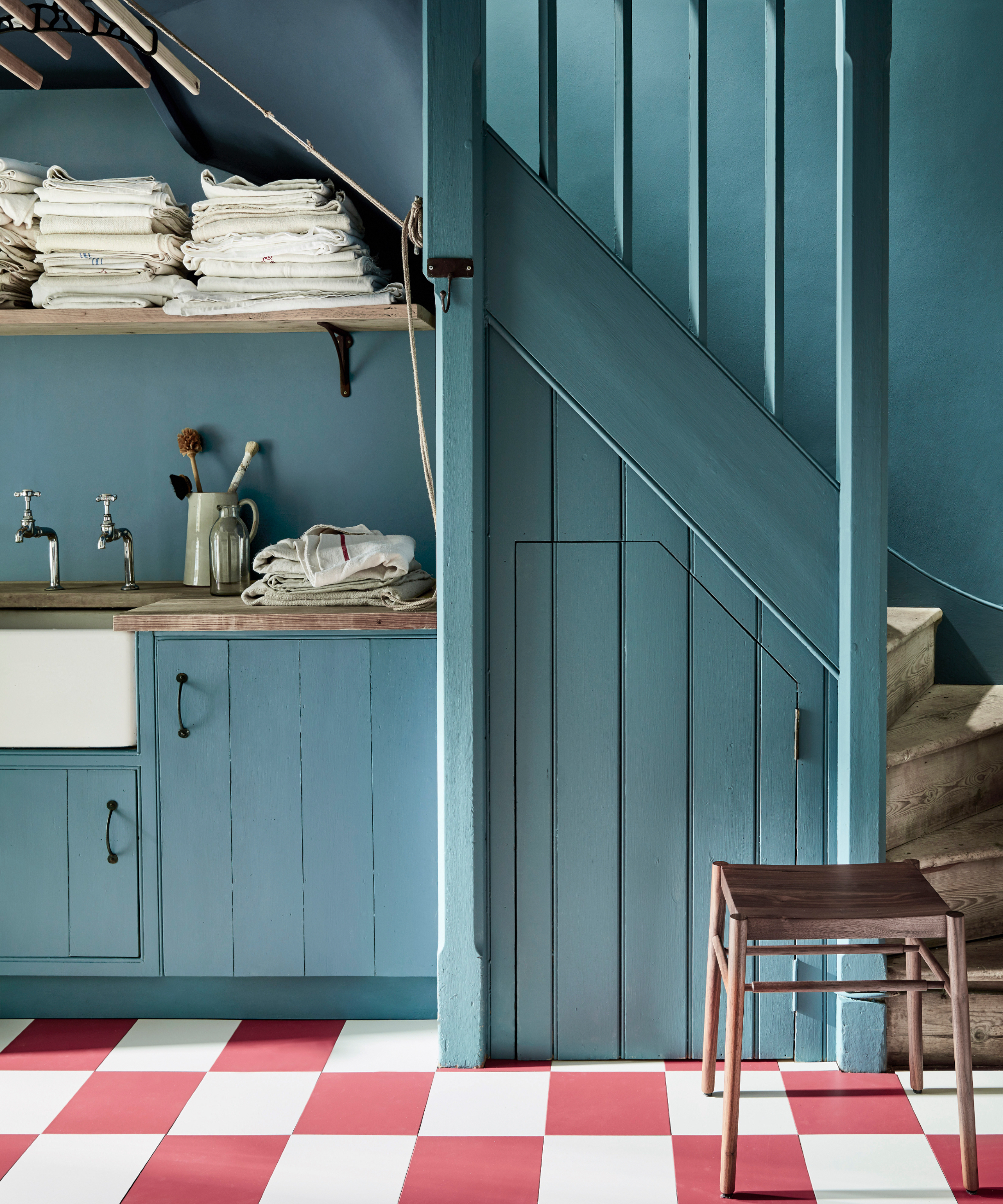
There are a lot of gimmicks when it comes to cleaning products, and powdered scouring cleaners do fit that bill.
'Those gritty powders might remind you of childhood cleaning routines, but they’re abrasive in more ways than one,' says Brunson.
They can damage your countertops, he adds, 'I’ve seen them scratch delicate surfaces, dull finishes, and leave a gritty residue that’s harder to clean than the original mess. A paste of baking soda and water, paired with a soft cloth, works wonders without risking damage.'
The best soft cloths we've found are Walmart's Mainstays microfiber assorted solid colors dishcloths, they're very gentle and work wonders when teamed with baking soda.
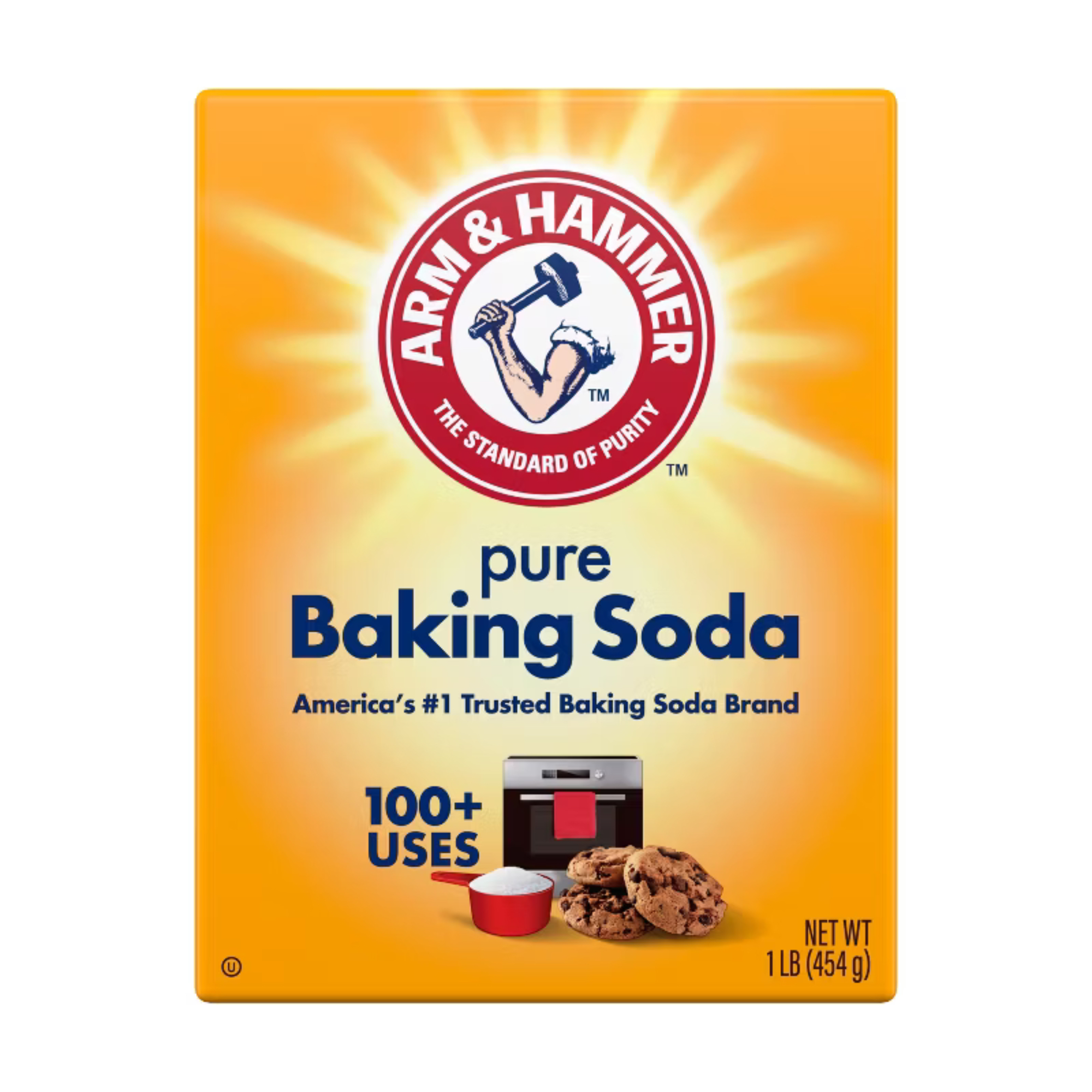
The uses for this clever powder are ten-fold. Not only can you use it for baking, but also cleaning and deodorising. Free from harsh chemicals, it's gentle enough to use on all surfaces. Learn how to clean with baking soda around your home.
7. Multi-surface sprays with fragrance

Although it is possible to have multi-faceted cleaning products – take baking soda and vinegar as examples, some commercial cleaners promise everything and often come with over-powering chemical-laden scents.
'Those all-in-one sprays that smell like 'tropical breezes' or 'mountain springs' always make me wary,' says Brunson. 'The synthetic fragrances can be overwhelming, and they often mask the real problem: unnecessary chemicals. I stick to unscented or naturally scented products that prioritize effective cleaning over an overpowering perfume.'
Daniel has a great solution to the scent issue, 'To keep the clean aroma in the room for a longer time, it is wise to use essential oil diffusers and add natural deodorizers like lavender, eucalyptus, or citrus, which are great for therapeutic measures.'
Check out Amazon's Asakuki 500ml premium essential oil diffuser with remote control, it's a beautiful design and will scent your home perfectly after cleaning.
Meet our experts

A former marketing consultant for Fortune 500 companies. Ryan started a home services business, Tidy Casa, in 2015.

Brunson is a cleaning and organization expert and the founder at Breathe Maids, a leading cleaning company based in the United States. Alongside his expert team, Brunson is passionate about creating peaceful, spotless spaces that bring comfort and clarity to his clients' homes.

Daniel Brown, is a US-based cleaning expert and CEO of Handy Cleaners. He previously worked as an interior designer for more than 10 years.
It's easy to get drawn into cleaning products we think we should be buying and using, but are they actually the right products? The insights from our experts have shown us that we can stop using products we don't like and successfully swap them for more natural or simpler products that work equally as well.
Next, delve into our top cleaning tips to turbocharge your chores and why the humble scrubbing brush is a must-have.
Sign up to the Homes & Gardens newsletter
Design expertise in your inbox – from inspiring decorating ideas and beautiful celebrity homes to practical gardening advice and shopping round-ups.

Sophie has been an interior stylist and journalist for over 20 years and has worked for many of the main interior magazines during that time, both in-house and as a freelancer. On the side, as well as being the News Editor for indie magazine, 91, she trained to be a florist in 2019 and launched Flowers Inside My Head where she curates beautiful flowers for modern weddings and events. For Homes & Gardens, she writes features about interior design – and is known for having an eye for a beautiful room.
-
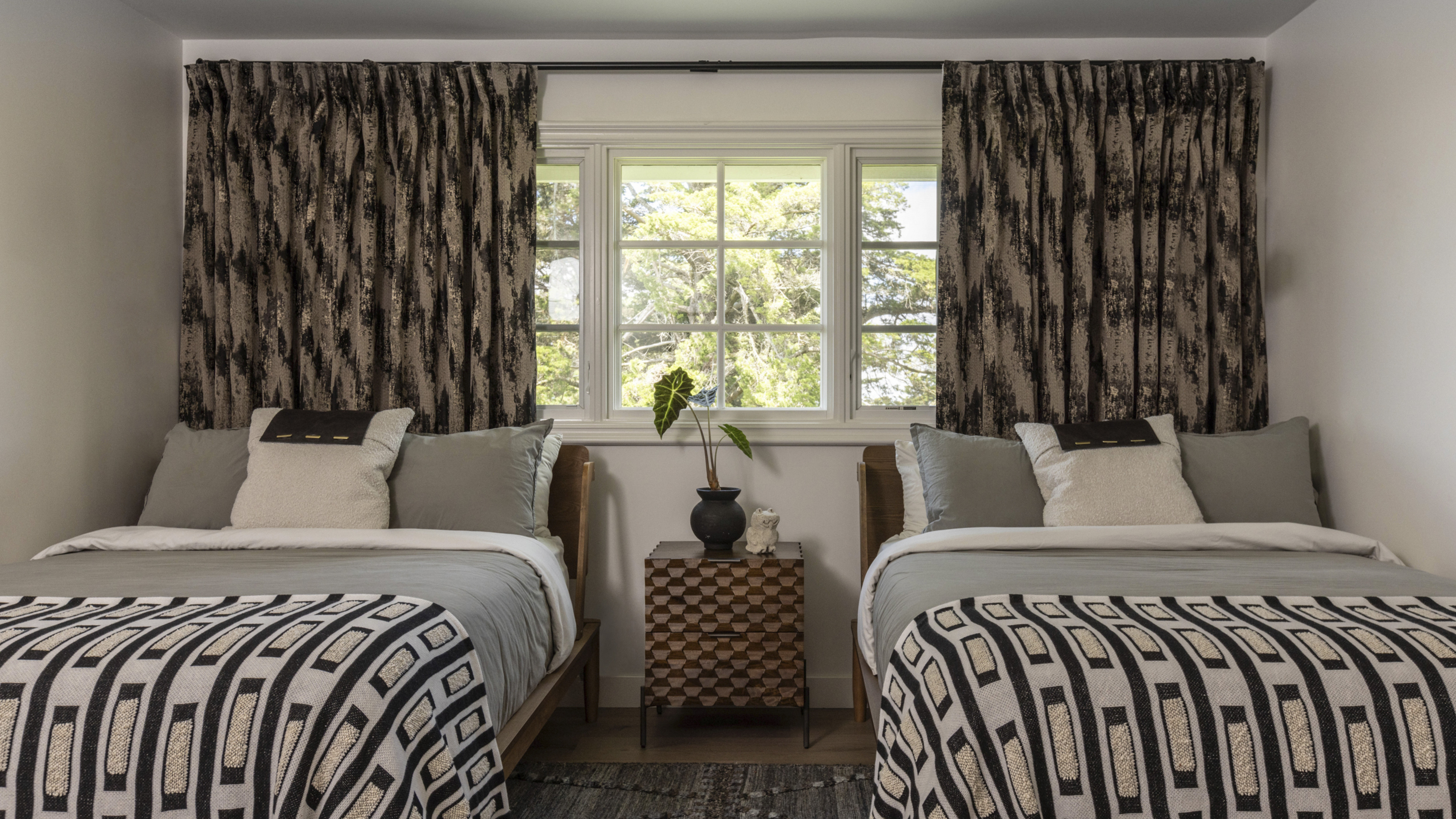 The biggest curtain trends to follow in 2025 – 8 key looks to shop that will instantly elevate your rooms
The biggest curtain trends to follow in 2025 – 8 key looks to shop that will instantly elevate your roomsThese are the colors, styles, and materials to embrace in your windows this year if you want desirable drapes, plus our favorite places to shop the trends
By Lilith Hudson
-
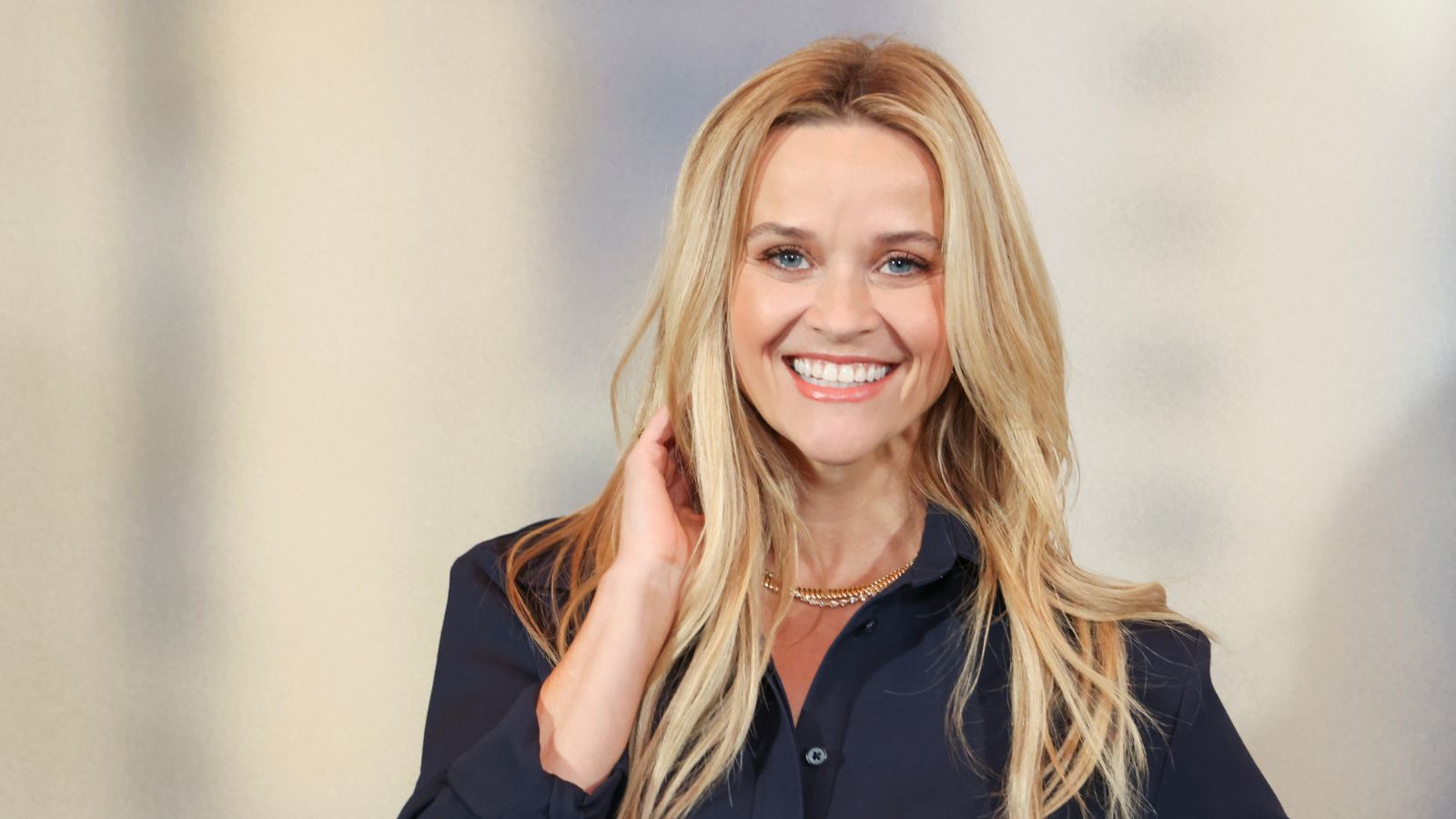 Reese Witherspoon upgraded a small corner into a cozy reading nook – designers say you can replicate her 'ultimate little escape' (from $18)
Reese Witherspoon upgraded a small corner into a cozy reading nook – designers say you can replicate her 'ultimate little escape' (from $18)'It’s all about comfort, calm, and just the right amount of cozy': You only need three things to follow Reese's example – and it's not only for book lovers
By Megan Slack
-
 I've spent over 200 hours testing vacuums and swear by my two Dysons – this is how I properly clean a Dyson vacuum filter for longer-lasting appliances
I've spent over 200 hours testing vacuums and swear by my two Dysons – this is how I properly clean a Dyson vacuum filter for longer-lasting appliancesYour Dyson vacuum will last much longer and clean at its best
By Dan Fauzi
-
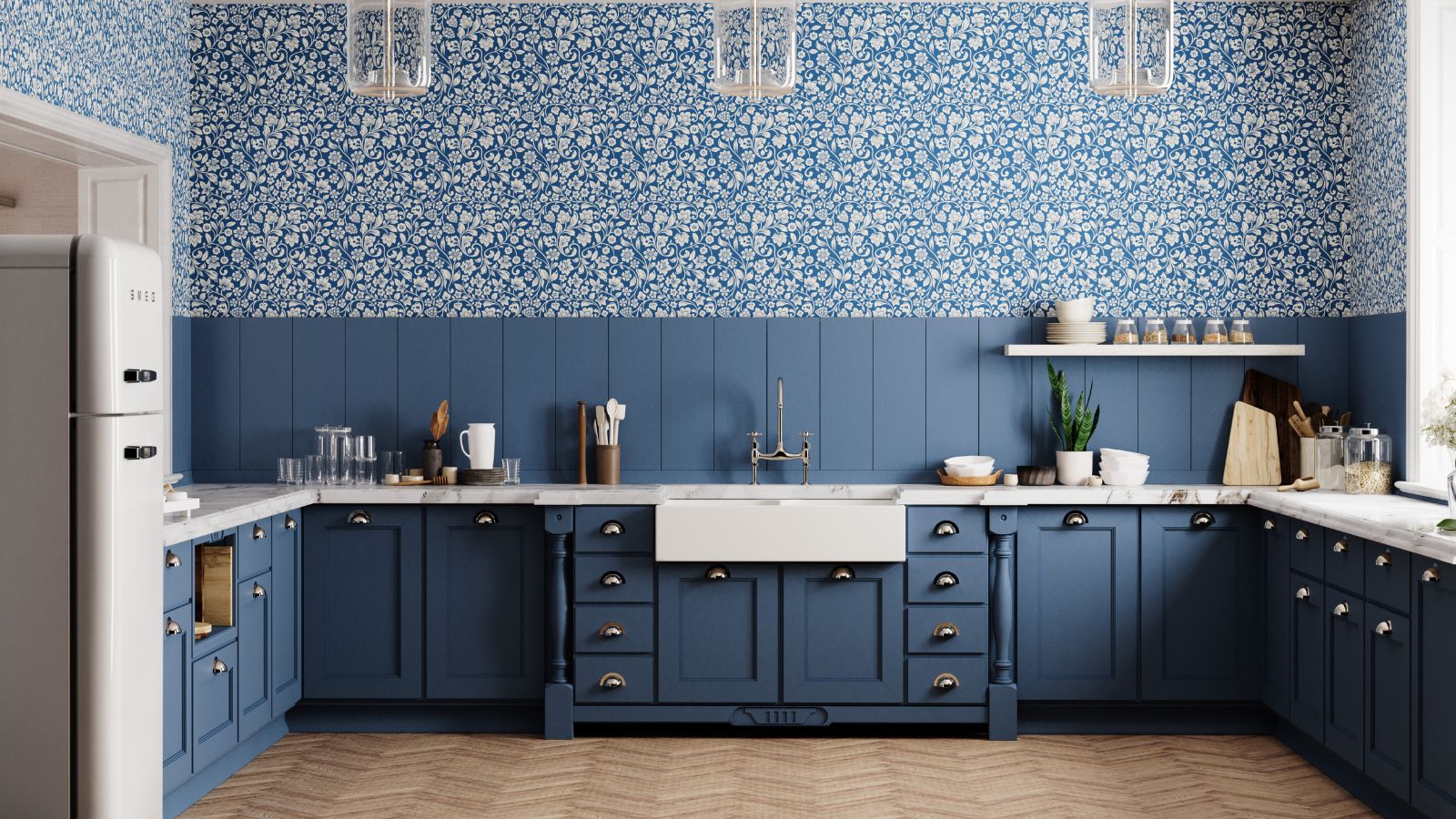 Do cleaning products expire? Professional cleaners warn time could make them ‘less effective, and in some cases, irritating to use’
Do cleaning products expire? Professional cleaners warn time could make them ‘less effective, and in some cases, irritating to use’For the best results, it pays to stay on top of the timeline of your cleaning products
By Chiana Dickson
-
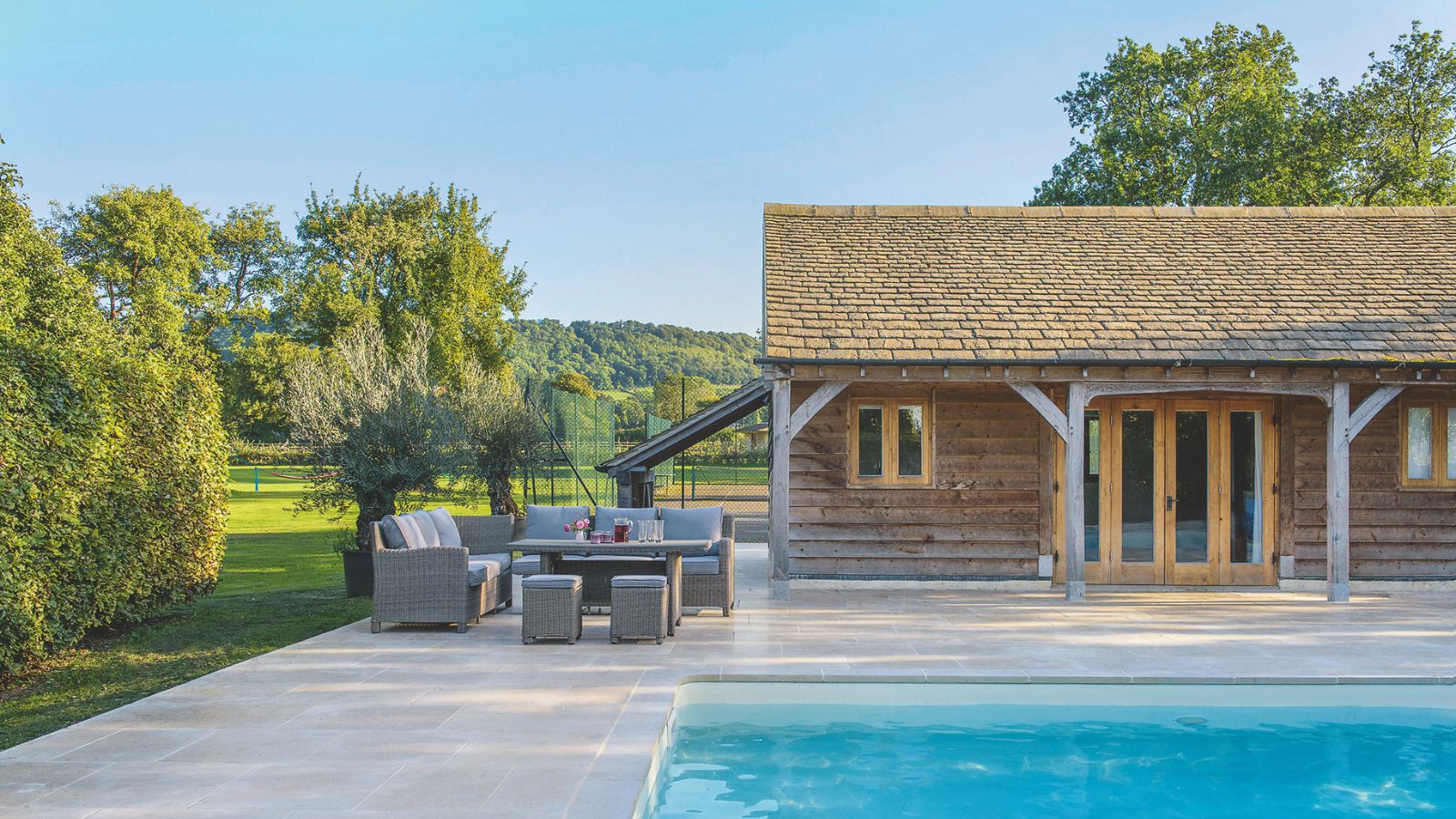 How to clean a patio – 6 different methods, and when you must use a chemical cleaning agent
How to clean a patio – 6 different methods, and when you must use a chemical cleaning agentFrom manual scrubbing, natural solutions or calling in the pros, industry experts reveal the benefits and considerations of each method
By Andy van Terheyden
-
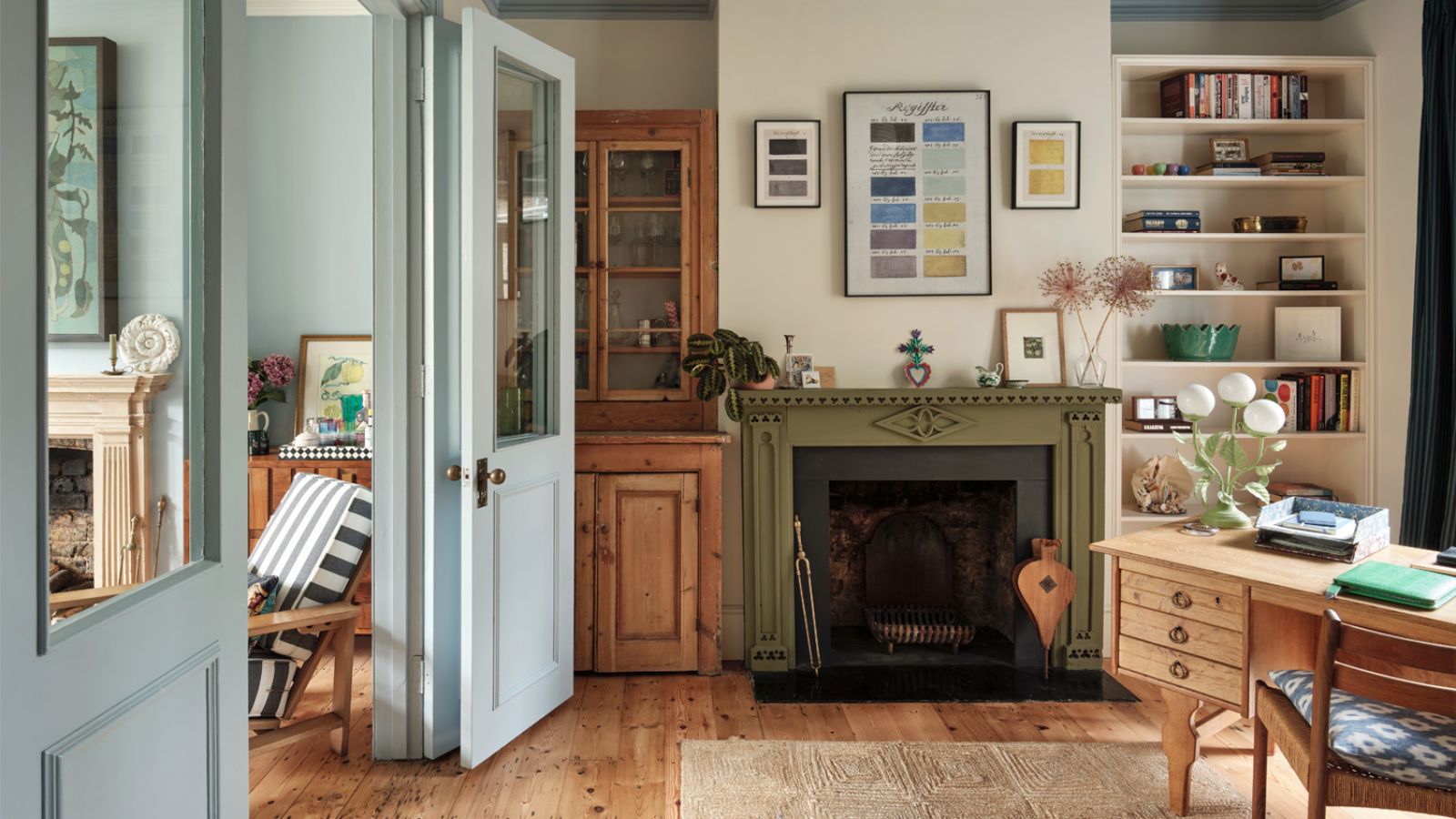 5 surprising but brilliant ways to clean with old socks – from perfectly buffing stainless steel to deterring pests naturally and more
5 surprising but brilliant ways to clean with old socks – from perfectly buffing stainless steel to deterring pests naturally and moreTackle dust in tricky corners, clean your mirrors and even banish bad odors with those rogue single socks
By Andy van Terheyden
-
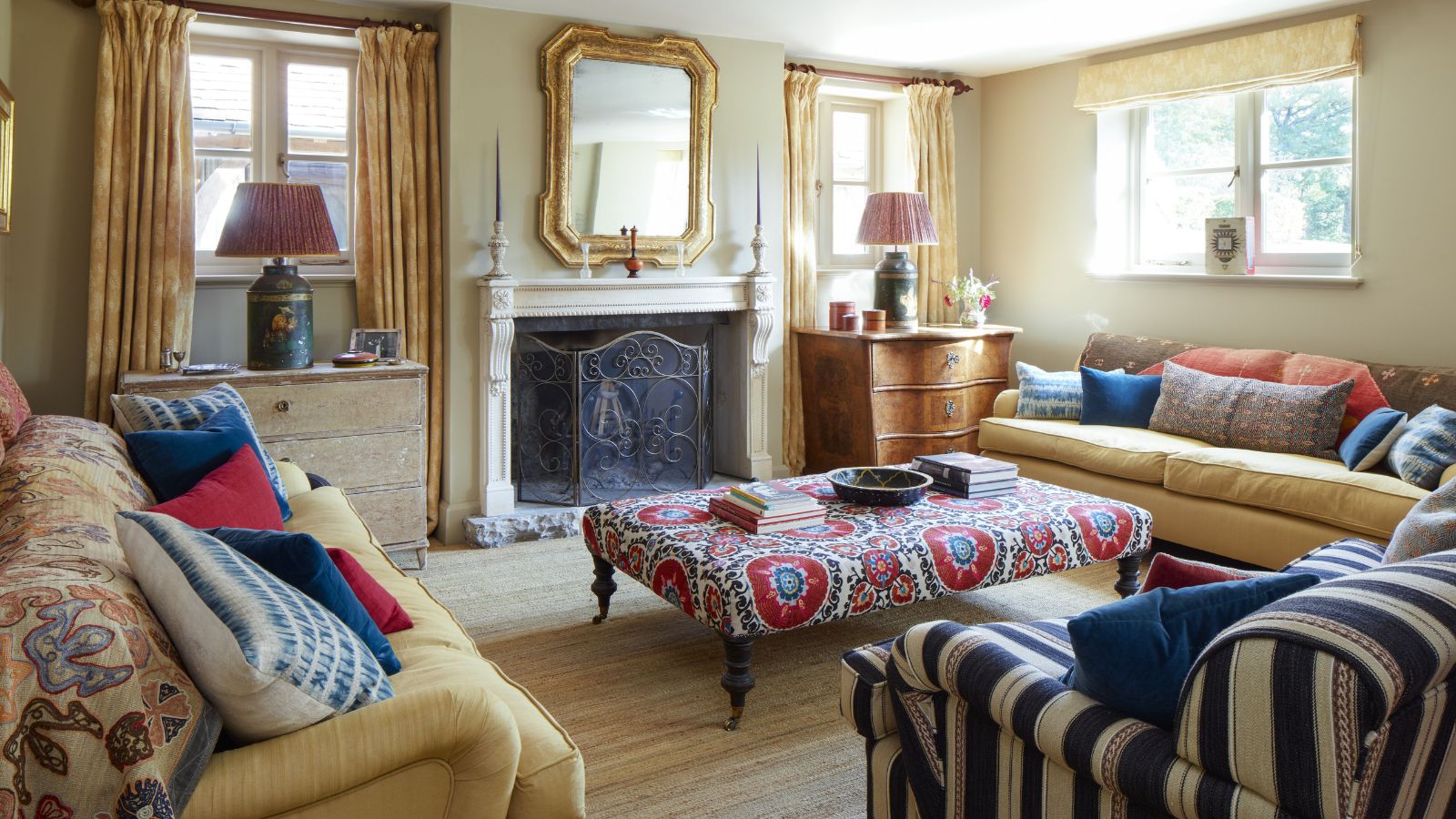 5 things people with clean upholstery always do – they're simple, quick and oh-so-effective
5 things people with clean upholstery always do – they're simple, quick and oh-so-effectiveEnsure your furnishing looks clean year-round with these expert tips
By Seraphina Di Mizzurati
-
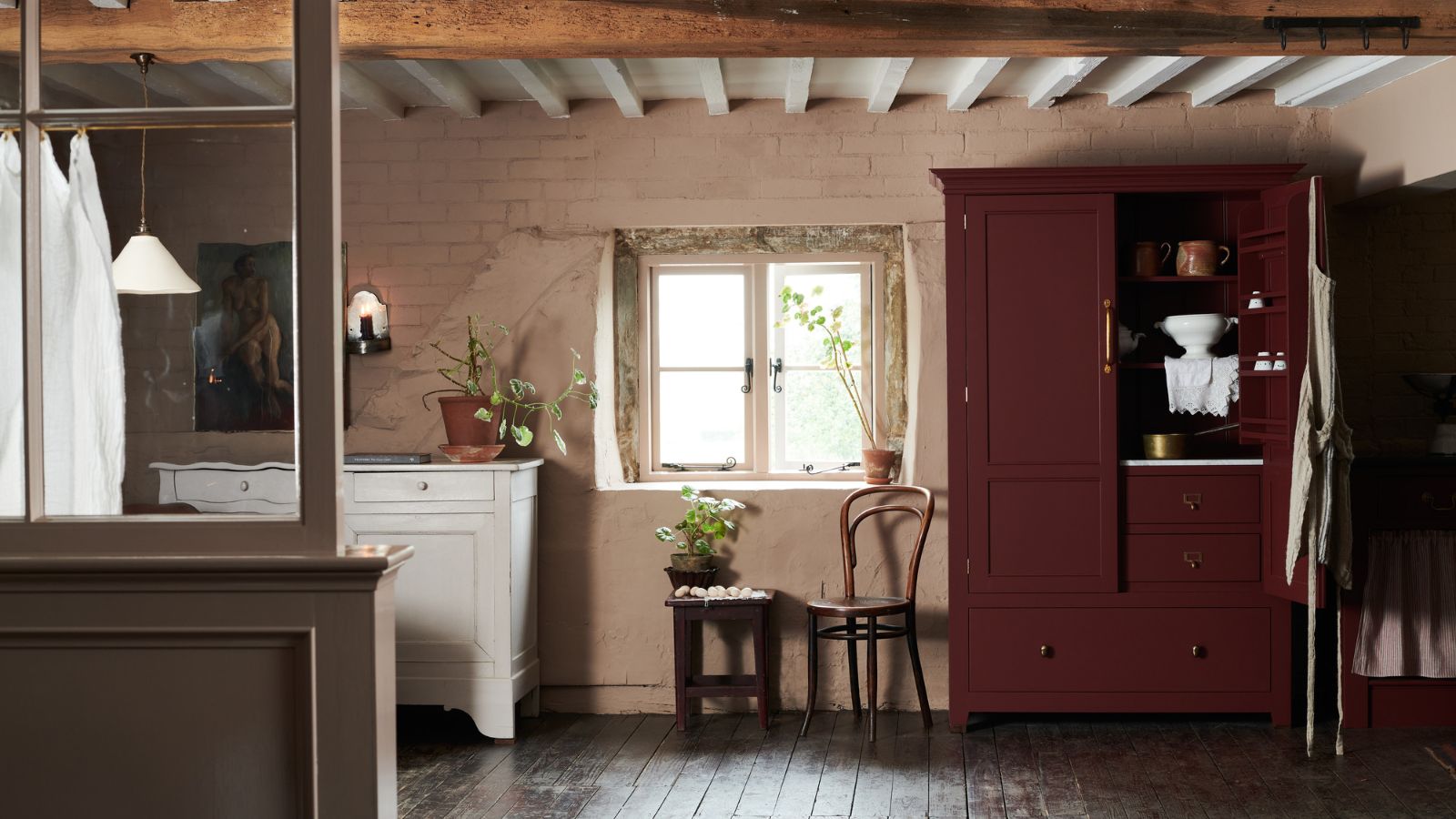 'Wick away the ick' – 6 things people with clean laundry rooms always do to make this hardworking space shine
'Wick away the ick' – 6 things people with clean laundry rooms always do to make this hardworking space shineThese tips on how to clean your laundry room will banish grime
By Seraphina Di Mizzurati
-
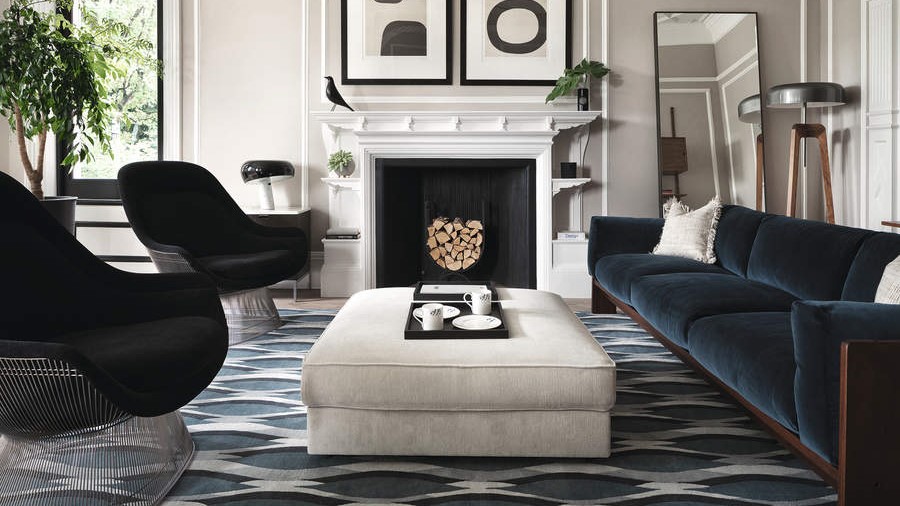 How safe are carpet deodorizers? As a seasoned vacuum tester, I urge you to try alternative methods
How safe are carpet deodorizers? As a seasoned vacuum tester, I urge you to try alternative methodsNatural cleaning is always the answer
By Dan Fauzi
-
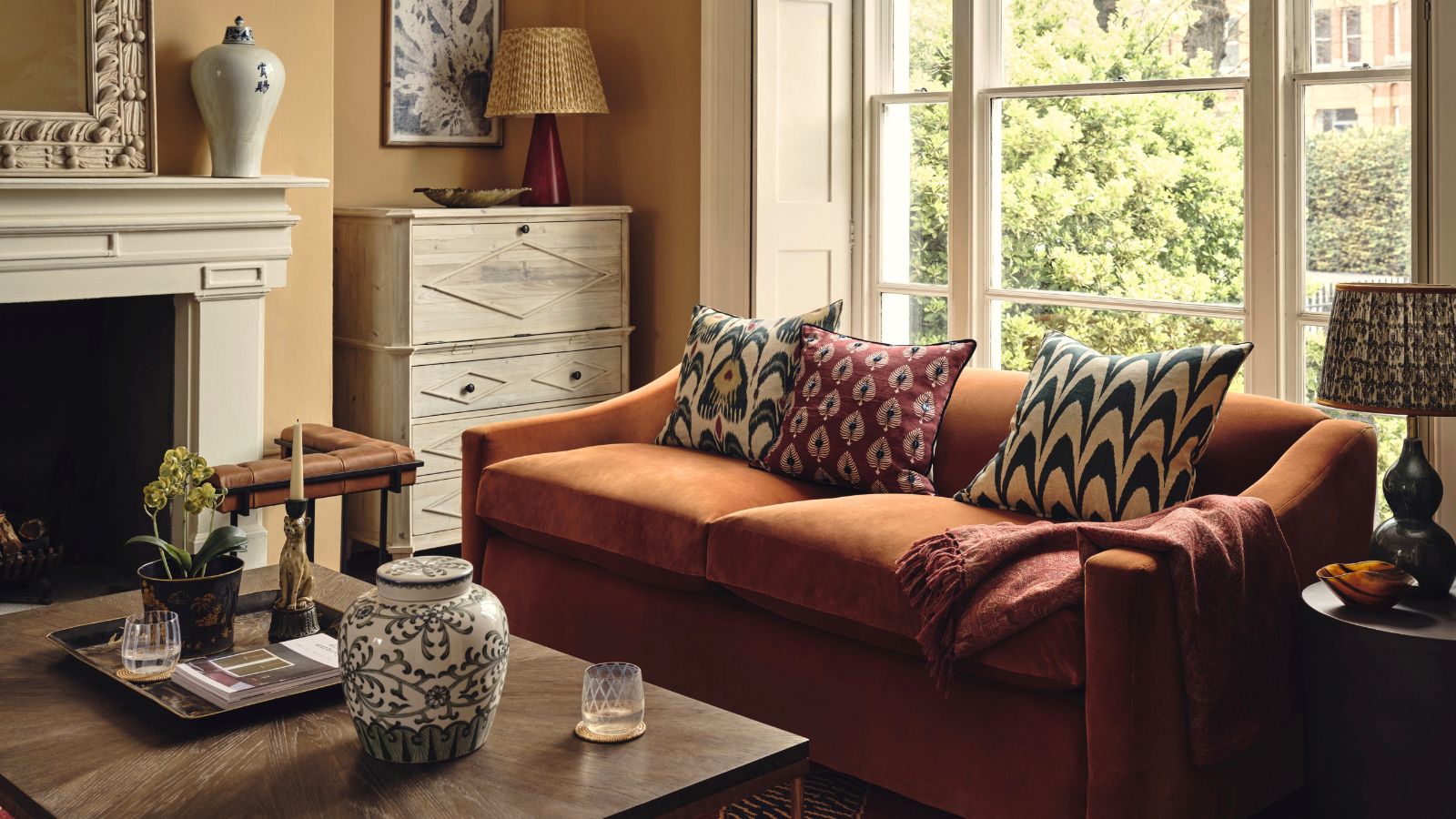 'The world will not end' – 5 cleaning habits to quit for a happier, easier life, and what to do instead
'The world will not end' – 5 cleaning habits to quit for a happier, easier life, and what to do insteadGet your home sparkling, minus the stress
By Ciéra Cree